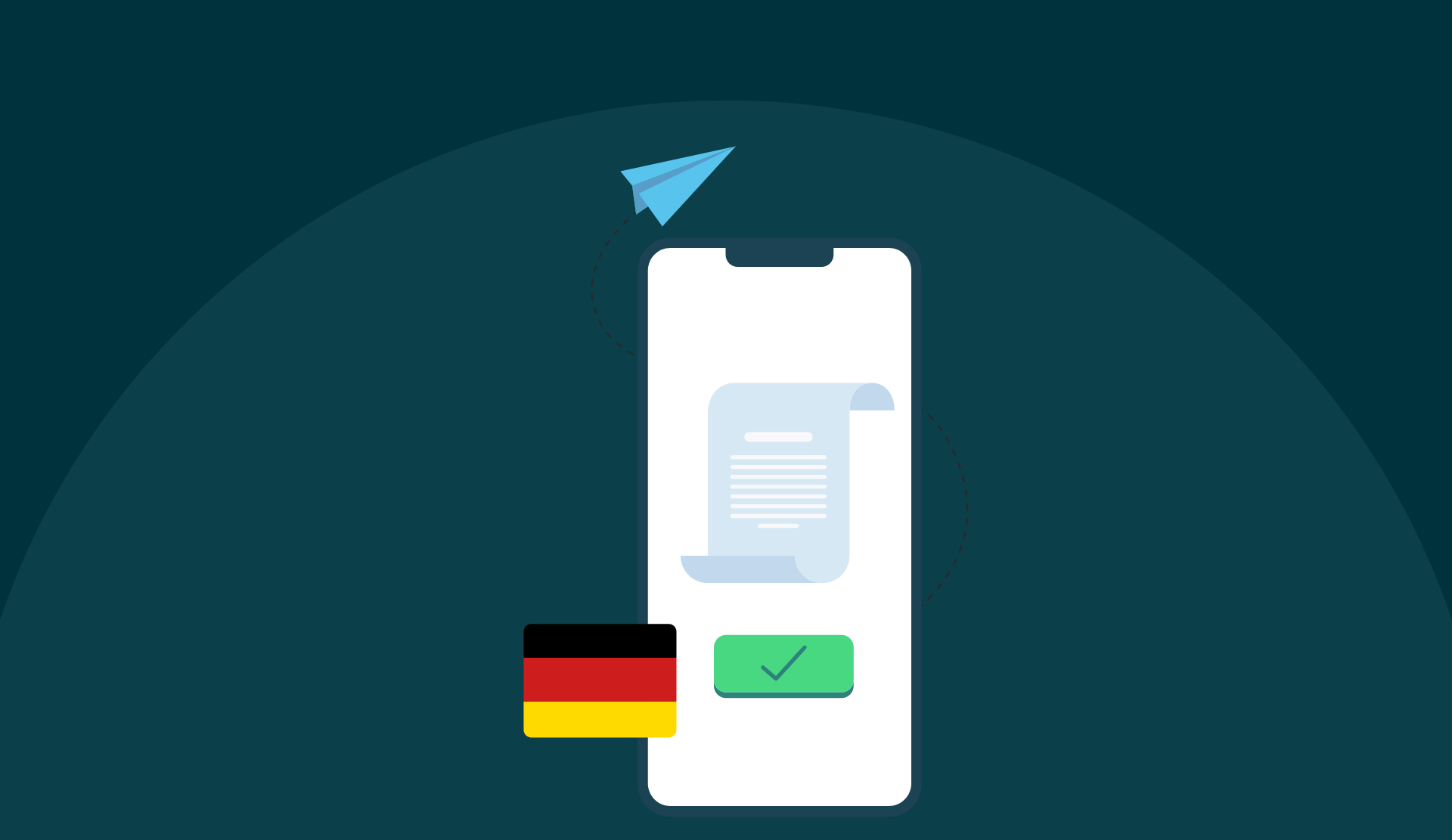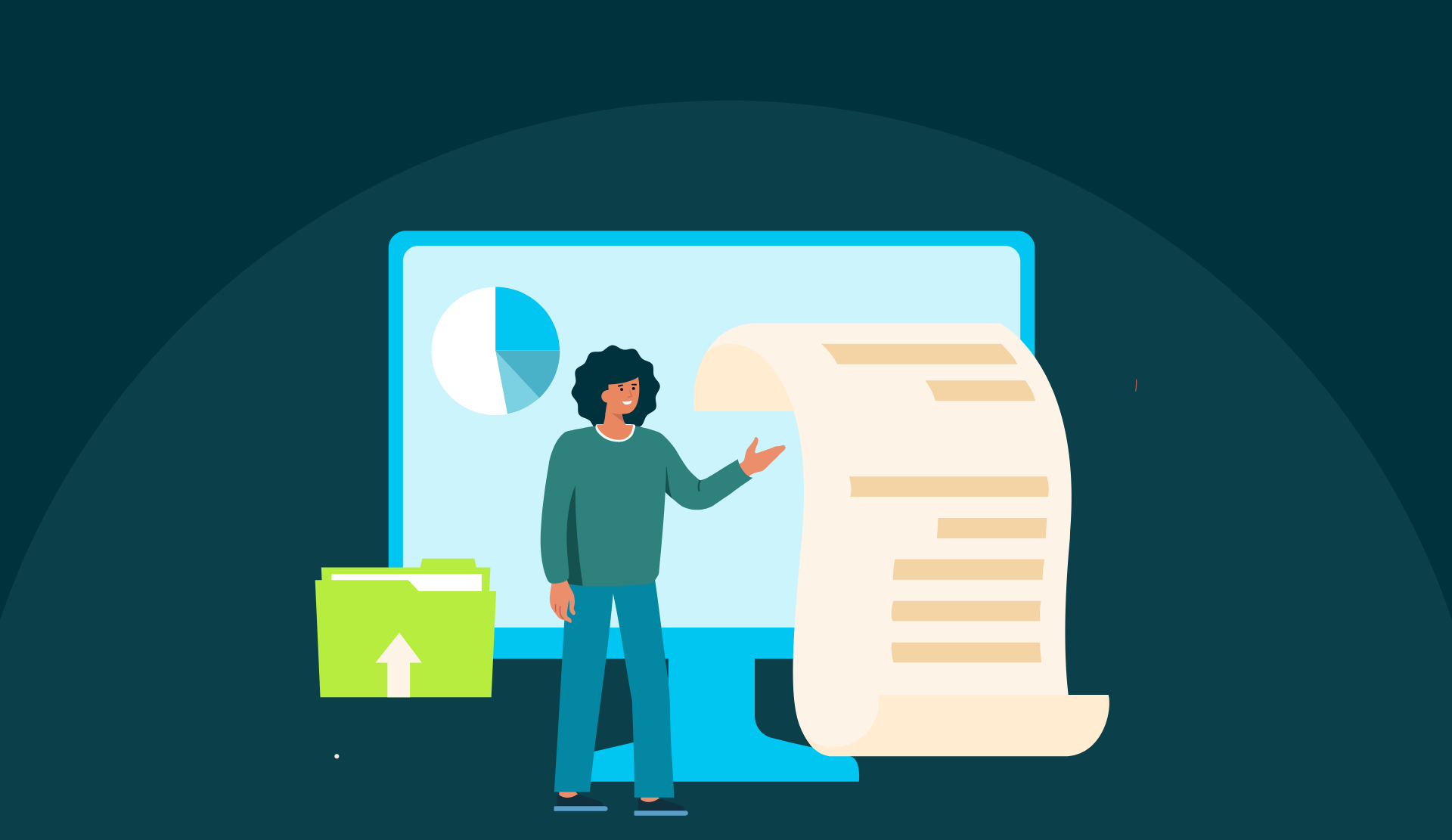What is the GoBD 2.0?
Meaning
GoBD stands for Grundsätze zur ordnungsmäßigen Führung und Aufbewahrung von Büchern, Aufzeichnungen und Unterlagen in elektronischer Form sowie zum Datenzugriff.
For non-German speakers, that’s the principles for the proper management and storage of books, records and documents in electronic form as well as for data access.
These principles are set forth by the German Federal Ministry of Finance on tax accounting standards for tax compliance and internal control. They deal with the proper electronic storing of documentation and handling of tax relevant documents. The GoBD are the foundation of a paperless, digital tax process in Germany.
History
The German Federal Ministry of Finance first published the GoBD on November 14th, 2014. An amended version was then published on July 11th, 2019 before being withdrawn. The latest version was published on November 28th, 2019 and came into effect on January 1st, 2020.

Application of the GoBD 2.0
The GoBD principles apply to all aspects of accounting in Germany, including expense management. The specifications therein are relevant for all IT systems that record or process tax-relevant data. They lay out minimum requirements for processes, systems, data security, controls and process documentation. They do not impose a format for companies to follow.
The German tax authorities assume that records which meet these requirements are traceable and can be verified, and that they cannot be tampered with. In principle, this means that documents recorded digitally in compliance with the GoBD process are legally on par with paper-based documents. Paper documents digitally recorded following this process must then be destroyed.
The GoBD in Germany also regulate auditors' access to tax data and the scope of the guidelines. Compliance with accounting processes and logging are also addressed.
What does the GoBD 2.0 mean for German companies?
The burden of proving that a company meets the GoBD requirements lies with the company itself. German companies must provide 20+ documents to prove their GoBD compliance. These documents give the tax authority transparency on the digitalisation processes and providers used by the company. This documentation then serves to ascertain that the company can indeed rely on digital rather than paper tax documentation.
The main changes relevant to expense report compliance include:
- Photographing receipts with a mobile device is now equivalent to regular scanning.
- If all the conditions are met, the digital copy of a receipt is enough and can replace the paper original.
- Location-independent mobile scanning of documents with real-time capture and digitisation is permitted (e.g. through the use of real-time OCR with a mobile phone) - including abroad.
- Cloud systems are now explicitly included.
With these, the GoBD effectively makes life easier for travelling employees and financial controllers. Travellers now have the option to use their mobile device to scan receipts and invoices and submit them digitally for reimbursement, without being required to keep the paper originals.
How Mobilexpense supports GoBD 2.0 requirements
GoBD 2.0 documentation
To support them with their GoBD requirements, Mobilexpense offers customers operating in Germany complete GoBD 2.0 documentation, reviewed and vetted by PwC. Most documents are pre-prepared in our own format and only five must be finalised by the customer with their information.
Thanks to the latest changes to the GoBD regulation, mobile scanning, digital storing and the use of cloud systems are now all allowed. This enables our customers to follow a fully paperless expense management process.
Z1 auditor access
The GoBD 2.0 also alludes to the control of financial data. Mobilexpense enables this by providing the competent authorities with Z1 access to the audited company’s data.
The Z1 compliance level is the most challenging of a three-tiered compliance requirement regarding data access and the auditability of digital documents by the German tax authorities.
- Z1 - Direct read-only access
- Z2 - Indirect access
- Z3 - Data carrier release / data media transfer
It is up to the tax authority which access they wish to have and they usually go back three years in the data. However, historical data going back up to ten years may be requested in cases of suspected fraud or other wrongdoing.
On demand, Mobilexpense can configure dedicated accounts to “Auditor” access. This allows the specified user to access all settled expense notes from the time period of the audit in read-only mode, as required by the GoBD.
Mobilexpense expense software and the GoBD
Our mobile apps enable travellers to scan tax-relevant documents from anywhere in the world. The apps recognise the data in real-time thanks to OCR, and store it. The entire process of expense management from capture to accounting to document entry and archiving takes place in the app. Mobilexpense also provides companies with support in the creation of procedural documentation, simplifying their GoBD compliance.
Share this
You may also enjoy
these related stories

Per Diem Rates Table 2026 for Germany and International Travel

Dutch Compliance in 2025: VAT Updates and Common Mistakes

VAT 2025: Current VAT Rates and German Examples


